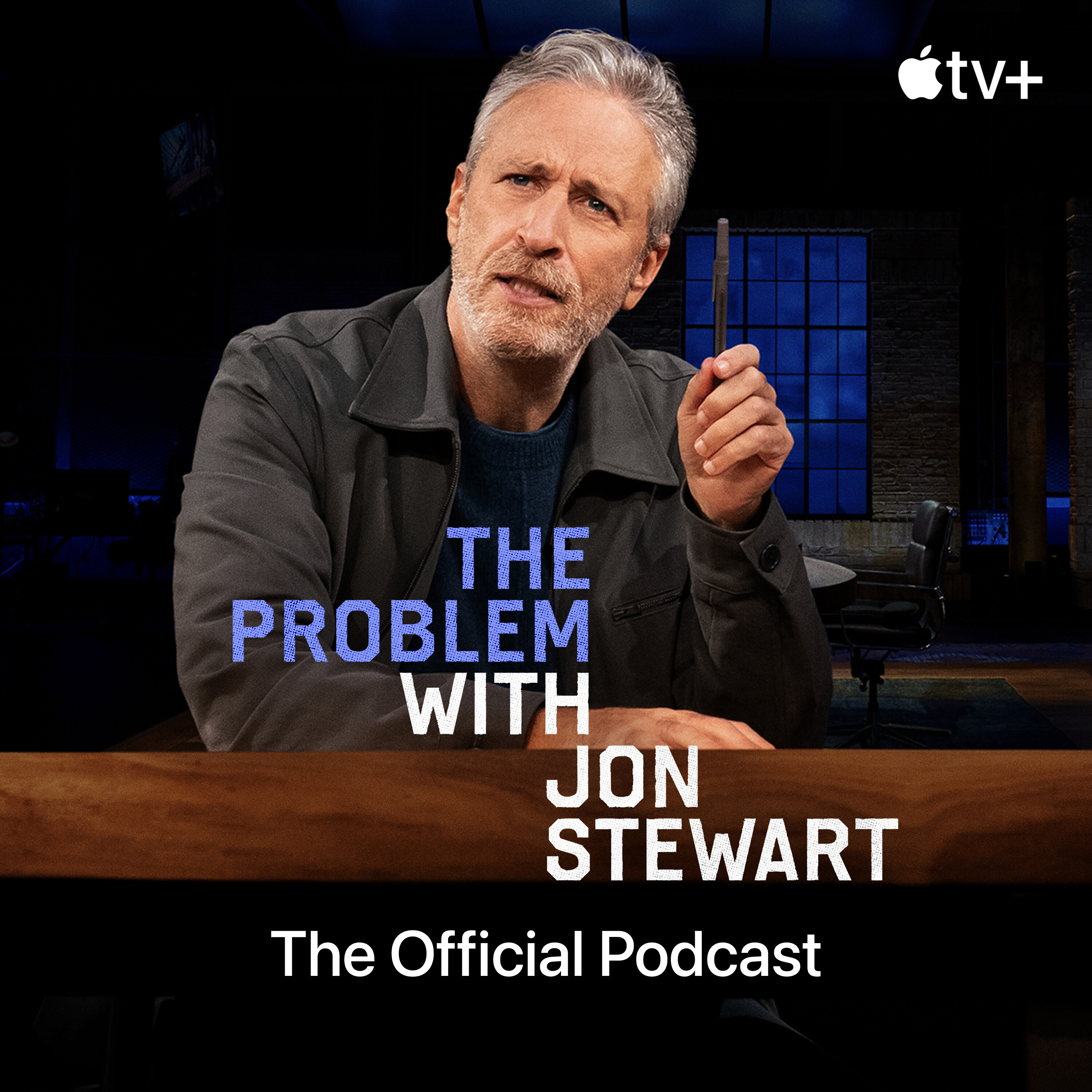Chapter

The Impact of Liquidity and Asset Inflation on the Economy
Central bank support during a crisis can free up liquidity and maintain corporate accounts and jobs, but can also lead to asset inflation, which benefits those who hold assets over those receiving income. Violating the principle of providing liquidity occurs when the central bank or government provides necessary funds for survival.
Clips
The Federal Reserve can create dollars and pay for assets out of nothing, injecting trillions into the economy through buying government debt, and according to some, we've been in a crisis since 2008 with mixed effects.
16:59 - 18:07 (01:08)
Summary
The Federal Reserve can create dollars and pay for assets out of nothing, injecting trillions into the economy through buying government debt, and according to some, we've been in a crisis since 2008 with mixed effects.
ChapterThe Impact of Liquidity and Asset Inflation on the Economy
EpisodeJon Talks to Thomas Hoenig: Our Economy Is a Delusion
PodcastThe Problem With Jon Stewart
The use of central banks to provide liquidity can be useful during a crisis, but giving money to banks or corporations to sustain them violates the principle of providing liquidity.
18:07 - 21:56 (03:48)
Summary
The use of central banks to provide liquidity can be useful during a crisis, but giving money to banks or corporations to sustain them violates the principle of providing liquidity. Asset bubbles may make holders wealthier, creating an uneven income distribution.
ChapterThe Impact of Liquidity and Asset Inflation on the Economy
EpisodeJon Talks to Thomas Hoenig: Our Economy Is a Delusion
PodcastThe Problem With Jon Stewart
Inflation should not just be thought of in terms of price increases, but also asset inflation.
21:56 - 24:00 (02:04)
Summary
Inflation should not just be thought of in terms of price increases, but also asset inflation. People can become frustrated when they see others benefiting from economic growth without understanding the role of asset inflation.